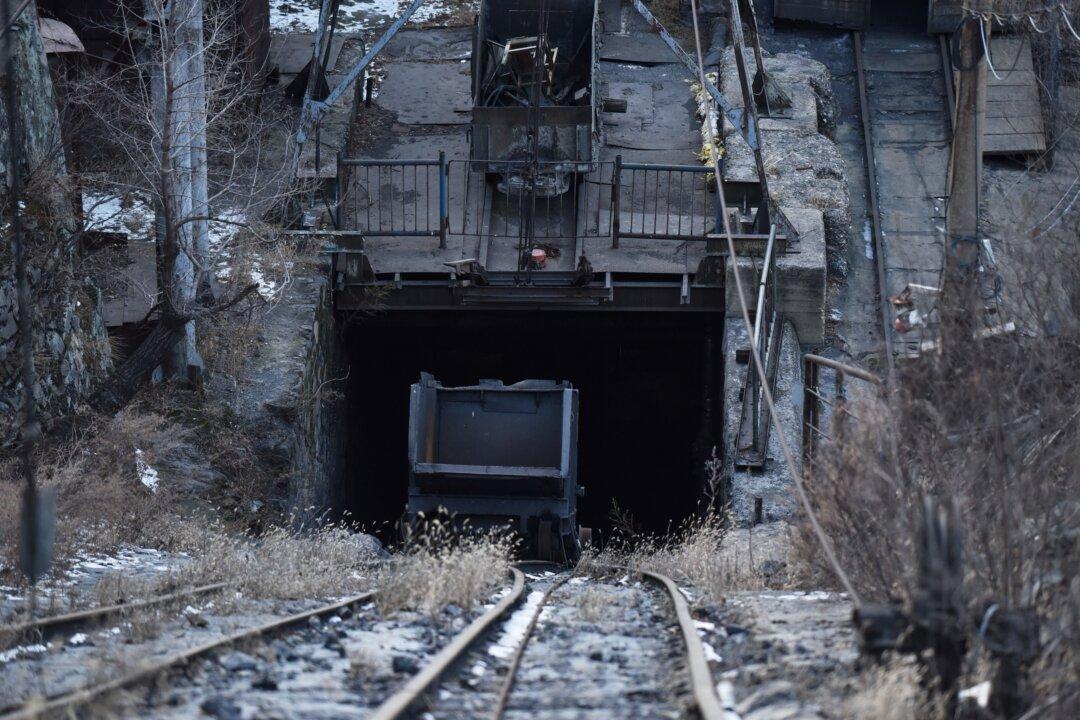China’s construction of coal-fired power plants has reached its highest in a decade, according to a new report.
Driven by industry interests, China started construction in 2024 on 94.5 gigawatts of coal-fired power, the highest volume of new builds since 2015, according to a report by the Finland-based Center for Research on Energy and Clean Air (CREA) released on Feb. 13.




